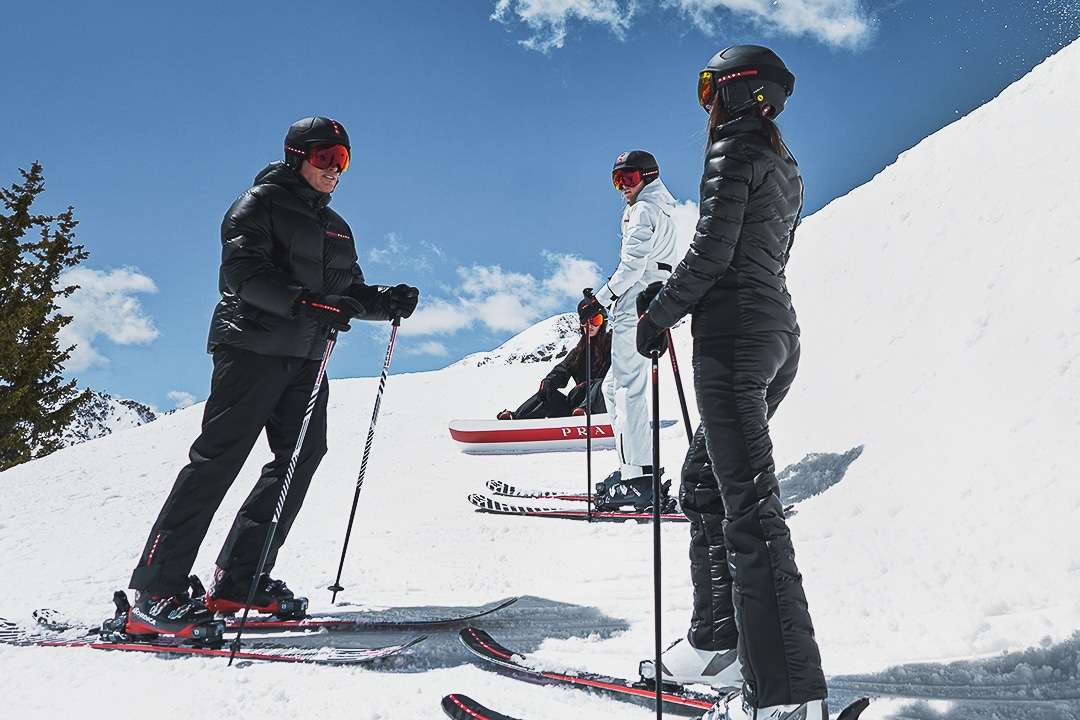Your winter ski season may be cut short due to climate change, new research finds.
A recent study reveals a stark forecast for the future of global skiing destinations, projecting a significant decrease in natural snow cover due to climate change. Researchers from the University of Bayreuth, Germany analyzed seven major skiing regions worldwide and found that up to one in eight ski areas — more than 12 percent — could lose all their natural snow cover by the end of this century under high emission scenarios. This research, published in the journal PLOS ONE, underscores the pressing challenges climate change poses to the skiing industry, which holds substantial social, economic, and ecological value.
The research provides a critical global perspective on the impacts of climate change on skiing destinations, expanding beyond the previously more localized studies concentrated in Europe, North America, and Australia. It calls for urgent action to mitigate climate change effects and adapt skiing industry practices to ensure its sustainability and the conservation of mountain ecosystems.
The investigation focused on the European Alps, Andes Mountains, Appalachian Mountains, Australian Alps, Japanese Alps, Southern Alps in New Zealand, and the Rocky Mountains. These areas were selected for their prominence in the global skiing market, with the European Alps alone accounting for 69 percent of the ski locations studied. Utilizing data from OpenStreetMap and the public climate database CHELSA, the team predicted snow cover days for upcoming periods: 2011-2040, 2041-2070, and 2071-2100 across three scenarios of carbon emissions.

The findings are particularly alarming for the Australian Alps and the Southern Alps, where the average annual snow cover days are expected to decline by 78 percent and 51 percent, respectively. Other regions, such as the Japanese Alps and Andes Mountains, are also facing significant reductions in snow cover, with even the least affected area, the Rocky Mountains, anticipating a 23 percent decrease. Under high emissions scenarios, 13 percent of ski areas will completely lose their natural snow cover by 2071-2100, with 20 percent experiencing a loss of more than half of their snow days each year.
This decline in natural snow cover could force ski resorts to either relocate or expand into previously undeveloped areas, posing additional risks to high-elevation ecosystems already facing climate-related pressures. The reliance on artificial snowmaking techniques, although a potential short-term solution, is not expected to offset the overall decline in economic viability for ski resorts worldwide. The study’s authors highlight the broader implications of their findings, stating, “This study demonstrates significant future losses in natural snow cover of current ski areas worldwide, indicating spatial shifts of ski area distributions, potentially threatening high-elevation ecosystems.”
Related on Ethos:


